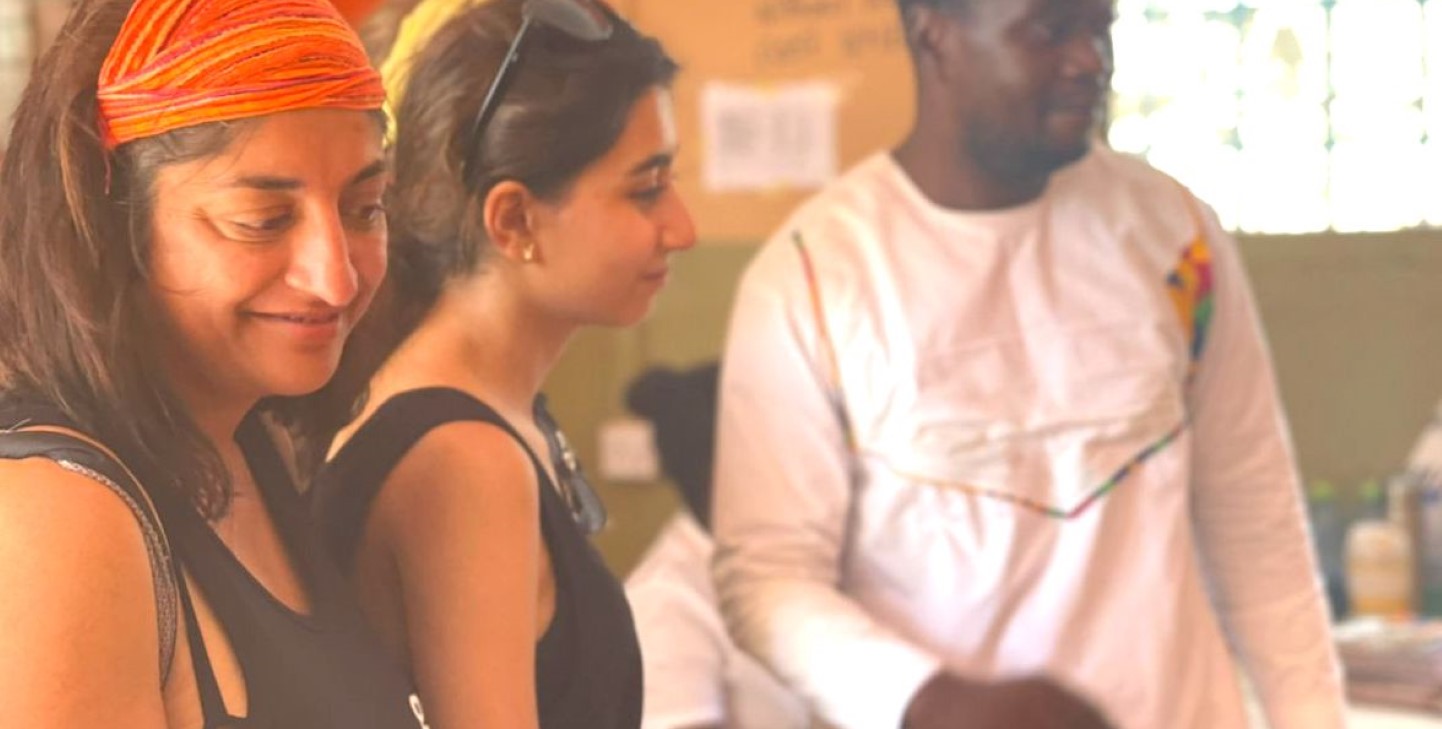Discover Raja Ampat, Indonesia's diving paradise in the Coral Triangle. Explore rich marine life, pristine waters and unique dive sites like Misool and Cape Kri.
GVI
Posted: July 10, 2024

Petrina Darrah
Posted: April 5, 2023
Ghana is a fascinating country located in West Africa, known for its rich culture, diverse history, and breathtaking landscapes. The country is home to over 31 million people, with a wide range of ethnic groups and languages spoken throughout the region. In this article, we will explore the different languages spoken in Ghana, the significance of indigenous languages, the role of English, and the importance of understanding Ghana’s linguistic diversity.
Ghana is a country located on the Gulf of Guinea, bordered by Cote d’Ivoire to the west, Burkina Faso to the north, Togo to the east, and the Atlantic Ocean to the south. The country has a rich history, with evidence of human settlement dating back to the Palaeolithic era. The region was later home to several powerful empires, including the Ashanti Empire, which controlled much of modern-day Ghana in the 18th and 19th centuries. Ghana gained independence from British colonial rule in 1957 and has since become a stable democracy with a thriving economy.
Ghana is a multilingual country with a wide range of ethnic groups and languages spoken throughout the region. The official language of Ghana is English, which was inherited from the British colonial era. English is used in government, education, and business, and is spoken fluently by many Ghanaians. However, it is important to note that English is not the first language of most Ghanaians.
Indigenous languages are an important aspect of Ghana’s linguistic diversity. There are over 70 different indigenous languages spoken in Ghana, with Akan, Ewe, Ga, and Dagbani being the most widely spoken. Akan is spoken by nearly half of the population, making it the most widely spoken indigenous language in Ghana. Ewe is spoken primarily in the southeast of the country, while Ga is spoken in and around the capital city of Accra. Dagbani is spoken in the north of the country, and Hausa is spoken by a smaller number of people in the northeast.

Indigenous languages play a crucial role in preserving Ghana’s cultural heritage. These languages are often closely tied to specific ethnic groups, and are passed down from generation to generation through oral traditions. Many indigenous languages have their own unique dialects and nuances, reflecting the rich diversity of Ghanaian culture.
Indigenous languages are also significant in daily life, with many Ghanaians using their native language in their homes and communities. In rural areas, indigenous languages are often the primary means of communication, and it is not uncommon for people to speak multiple languages depending on the context.
Despite the importance of indigenous languages, many are at risk of extinction. Factors such as urbanisation, globalisation, and the influence of English have contributed to the decline of many indigenous languages in Ghana. Efforts are being made to promote and preserve these languages, including initiatives to document and record oral traditions, as well as efforts to teach indigenous languages in schools.
English has played an important role in Ghana since the country gained independence from British colonial rule in 1957. The language is used extensively in government, education, and business, and is often seen as a symbol of social status and success. Many Ghanaians are fluent in English, and it is not uncommon for people to switch between English and their native language depending on the situation.
English has also influenced Ghanaian culture in a number of ways. Many English words and phrases have been adopted into Ghanaian languages, creating a unique blend of linguistic influences. English has also had an impact on Ghanaian literature, with many Ghanaian authors writing in English rather than their native language.
If you are planning to volunteer in Ghana, learning some basic phrases in the local indigenous languages can help you connect with the people you will be working with and show your respect for their culture. It is important to note that learning a new language can be challenging and may take time and practice to become fluent. However, the effort is well worth it, as it can lead to a more meaningful and rewarding volunteer experience. Volunteers should also be prepared to be patient and flexible, as cultural differences can sometimes lead to misunderstandings or miscommunications. Overall, volunteering in Ghana is an incredible opportunity to learn about a new culture, make a difference in the lives of others, and develop valuable skills that will stay with you for a lifetime. Learn more about volunteering in Ghana with GVI.
By Petrina Darrah

Discover Raja Ampat, Indonesia's diving paradise in the Coral Triangle. Explore rich marine life, pristine waters and unique dive sites like Misool and Cape Kri.
GVI
Posted: July 10, 2024